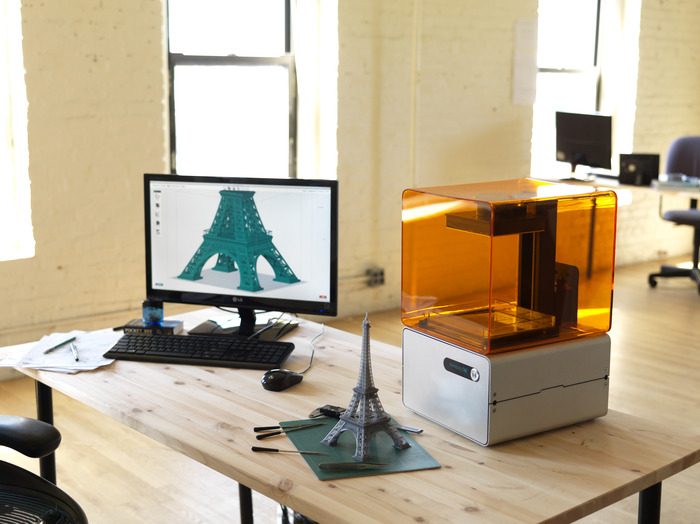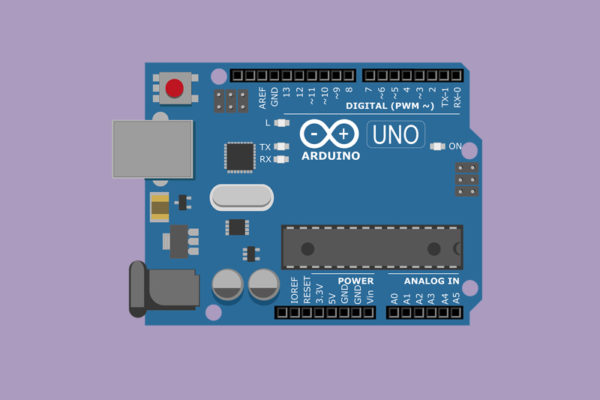
What will this mean for low cost 3D printers and crowdsourcing?
Formlabs, maker of the Form 1 3D printer that was a runaway hit on Kickstarter, is being sued for patent infringement by 3D systems. 3D systems is also suing Kickstarter for promoting the project on the grounds that Kickstarter had a financial stake since they take a 5% cut.
The Form 1 raised $2,945,885, a remarkable feat, because it offered low-cost stereolithography printing. Other low-cost printers like the MakerBot and RepRep use a plastic extrusion technique, but the Form 1 uses UV cure resin, allowing for much higher resolution prints.
How To Start A Kickstarter
Everything you need to know about how to start a Kickstarter.
This brings us to the main issue. 3D Systems has an extensive patent on the use of stereolithography for 3D printing, and they are claiming that Form Labs violated it. Specifically, 3D systems is claiming that Form Labs infringed claim 1 and 34 of U.S. Patent No. 5,597,520.
This will be a case to watch. Regardless of the outcome, it could have a large impact on the future of low cost 3D printing and crowdsourcing.
Via Tech Crunch




4 Comments
3D Wars have begun…
I think what has happened is that all of the open source development of 3d printing via the FDM and other making technology, has blurred the lines between open source and owned intellectual property.
It’s important that, with as much as we educate today’s youth about the wonders of open source, that we also educate them about intellectual property. I think that the owners of the 3d printing technology have a good case against both the entrepreneurs and kickstarter. Kickstarter should *be part of* that educational process for young designers.
Even on thingiverse, there are scanned objects that someone else designed, available to the public for free download, simply because the person who scanned it has no access to information about the original designer.
We need to insist that new designers not do this sort of thing and use the old addage for food poisoning “when in doubt …” don’t use it.
I think you don’t understand some facts, the first is that is not a Copyright violation is a patent infringement. The second is that an scan of an object doesn’t go against the copyright as the copyright can be only applied over a document not a physical object. Anyway I think that in the moral sense in the opposite way we should teach to copy, maintaining the authorship but that’s another discussion:D
Miguel, I’m not sure who you are replying to with your (correct) remark that this is a case of patent infringement, not a copyright violation. I believe Johnson was talking about Thingiverse files and intellectual property in general, and, yes, that is a very different situation. Copy right is a separate, although related, area of law. As the law is now (USA), the original creator has full rights to what they create unless they choose to give up those rights, at least in theory. In practice it varies. Creative Commons is essentially a systematized way of giving away some or all of your creator rights.
Comments are closed.